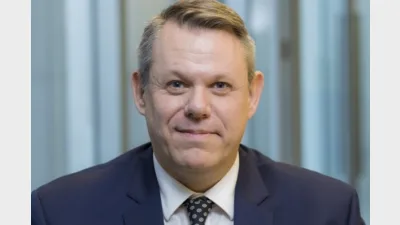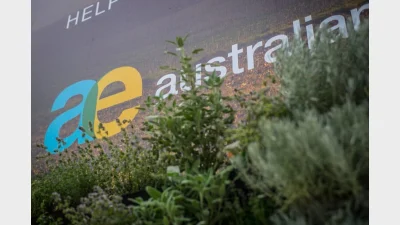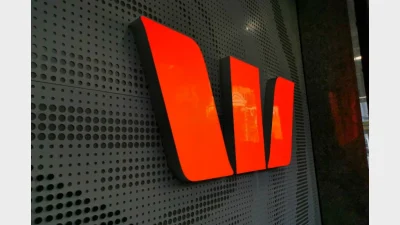Coalition steadfast in opposition to SG increase
The Federal Opposition has made clear it will not be supporting any increase in the level of the superannuation guarantee.
The Shadow Minister for Financial Services and Superannuation, Chris Pearce, made his party's position clear when he outlined the Opposition's views on the self-managed super fund (SMSF) sector.
In his speech to the Self-Managed Superannuation Fund Professionals' Association of Australia national conference in Adelaide, Pearce criticised proposals for a mandatory increase of the Superannuation Guarantee (SG).
Pearce said a mandatory SG increase at this time could not be justified as it would "adversely affect the economy by directly increasing the cost of employment for employers".
The Opposition prefers soft-compulsion as a response to the problems of superannuation adequacy, Pearce said. Soft compulsion would see a percentage of a person's post-tax salary contributed to super. Employees could then opt out of the post-tax contribution scheme.
Pearce said the soft compulsion schemes currently in place in Tasmania and New Zealand were proving to be successful.
In relation to the valuations of unlisted assets, and in response to a question from the floor, Pearce said that he does consider the exposure of super funds to unlisted assets a "concerning issue" and one that the Government should examine. Pearce said it was important that asset valuations were "appropriate and up-to-date, not 12-18 months old".
"If the question is should super funds have up-to-date valuations, the answer is yes," Pearce said.
The minister also used his speech to criticise the default fund model undertaken by the Australian Industrial Relations Commission, saying it was a "retrograde step" and one that undermines competition and efficiency. As a result, Pearce said both fees and apathy levels would increase.
Furthermore, he said the process for choosing funds was subjective and secretive, and that the process of fund selection was "chaotic and incoherent at best".
The minister said the criteria used in this process should be made public before the next tranche of funds was announced.
Pearce said he opposed the implementation of mandatory training for self-managed super fund trustees, which would be hard to orchestrate and unnecessary for some trustees. Instead, he suggested the introduction of non-mandatory pro-forma trust deed documents and financial statements as a way to lower compliance costs while enhancing compliance levels.
Pearce also suggested the widening of the Government co-contribution scheme to increase the adequacy of super balances for lower income earners.
Recommended for you
“Slow and steady” appears to be the Reserve Bank’s approach to monetary policy as the board continues to hold on to its wait-and-see method.
AFCA’s latest data has shown a decline in complaints relating to superannuation, but there is further work to be done, it has warned super funds.
Limited exposure to fossil fuel companies has positively impacted the performance of Australian Ethical’s balanced and growth funds, the super fund says.
The major bank has announced that real-time super payments will soon be available to all QuickSuper employers ahead of the looming payday super regime.











